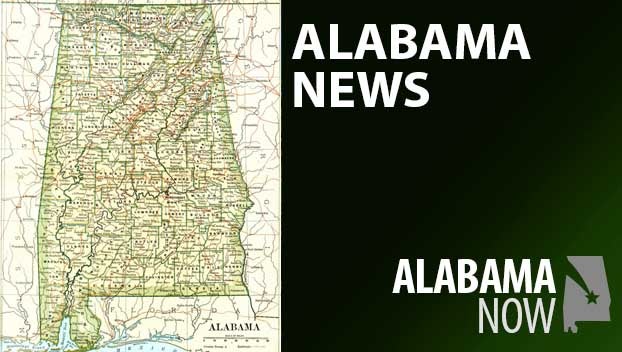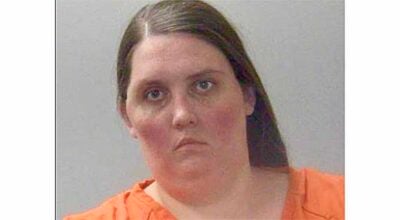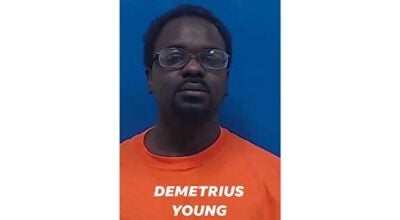Ivey says she won’t sign spending bill without plan for $1.8B virus relief
Published 10:09 pm Thursday, May 14, 2020
Alabama Gov. Kay Ivey said Thursday that she is asking lawmakers to change a spending bill to ensure the state’s $1.8 billion in federal coronavirus relief funds is “put to use for the purposes Congress and President Trump intended.”
The Republican governor and Republican-controlled Legislature have been in a tug-of-war over the funds.
Ivey wrote to legislators saying she is returning the spending bill, which makes supplemental appropriations to state agencies, with an executive amendment to detail how the COVID-19 funds should be used.
When lawmakers return Monday to Montgomery for the final day of the 2020 legislative session, they will decide whether to accept the governor’s proposed changes.
“Tension can be a good thing if you allow it to birth good ideas. … My firm opinion remains that most members of the Legislature want to do the right thing while making certain this money helps the people of Alabama who have been harmed by this disease,” Ivey said in a statement.
The spending bill as passed by lawmakers had designated $200 million to the governor for the reimbursement of coronavirus-related expenditures with the rest to be decided later by lawmakers.
Ivey has proposed appropriating the money into different categories, including up to $300 million to reimburse state agencies for coronavirus expenses; $250 million to local governments; $250 million for healthcare services; $300 million to support citizens, businesses and non-profit and faith-based organizations; $300 million for technology and infrastructure related to remote learning; $200 million to the prison system and $10 million to the court system.
The governor and legislators had a rare public disagreement over the funds.
Lawmakers contended it was their constitutional responsibility to make budgeting decisions and that it was better to have the entire 140-member Legislature decide how to use the money. Ivey publicly disclosed that she had seen a “wish list” suggesting that $200 million could be used to build a new Statehouse — an idea that legislative leaders say is now off the table.
A spokesman for Senate President Pro Tem Del Marsh said lawmakers are reviewing the amendment.
“It is extremely disappointing that no one in Senate leadership was included in this discussion of how to spend nearly $2 billion of CARES ACT funding. We will have to review this with the entire Senate Republican caucus before a final decision can be made as to whether or not the Senate will vote to concur with the executive amendment,” Marsh spokesman Will Califf said in a statement.
The chairman of the Senate budget committee said he sees some “positives” in the governor’s proposal, but said he would need to discuss it with other senators. The governor’s proposal would require the state finance director to give lawmakers notice of expenditures.
“It gives us the oversight to see where it goes,” Republican Sen. Greg Albritton of Range said.
The chairman of the budget committee in the House of Representatives said he will recommend that lawmakers accept the governor’s proposals.
“I think it looks pretty good,” Republican Rep. Steve Clouse of Ozark said of Ivey’s proposal. Clouse said it moves the money into different “buckets” for coronavirus-related expenditures.
U.S. Sen. Doug Jones said Thursday that the state needs to spend more money on testing and contact tracing to control the spread of the virus.
“Well clearly, I was very disturbed when I saw that legislators’ wish list that had nothing to do with coronavirus related expenses, including the Statehouse. Alabama is going to be in a position where we need to spend money to ramp up testing, to do the contact tracing, do the quarantining plan that is going to be necessary should we see more spikes. I think that is where this money needs to go,” Jones said.
As of Thursday, more than 11,600 people in the state had tested positive for COVID-19, the disease caused by the new coronavirus, and about 470 people statewide had died.





